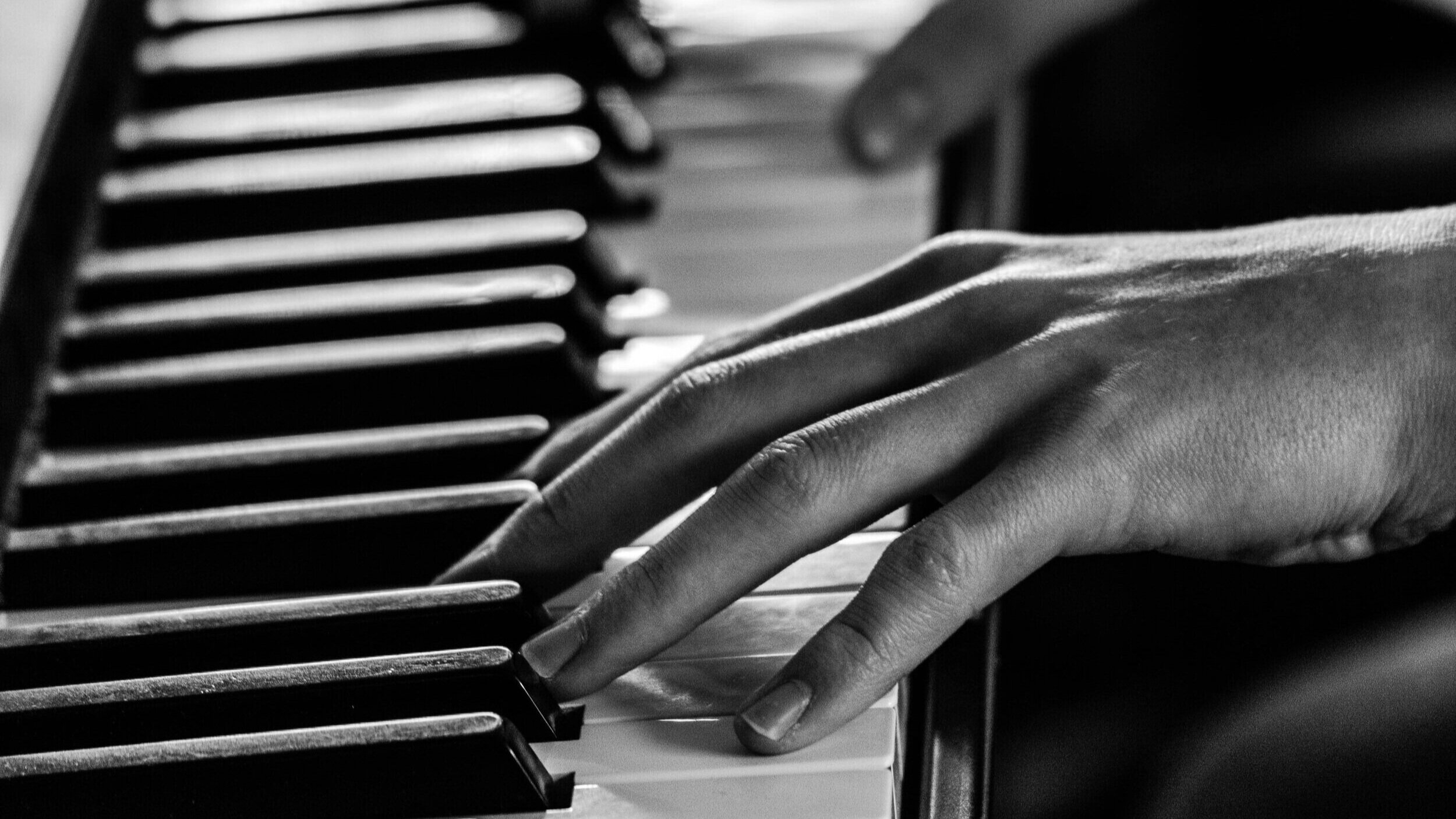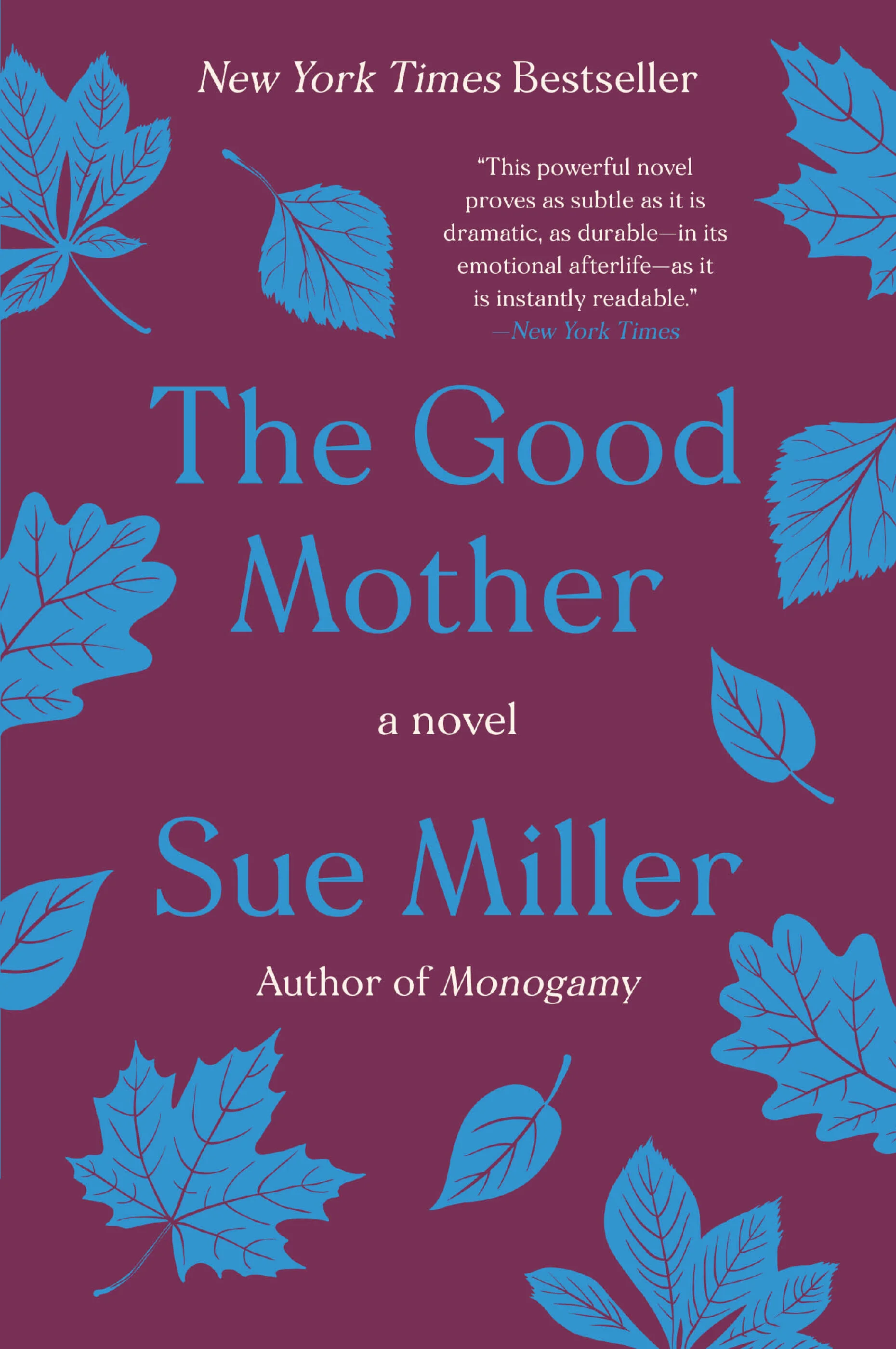
The Good Mother
Recently divorced, Anna Dunlap has two passionate attachments: her daughter, four-year-old Molly, and her lover, Leo, the man who makes her feel beautiful — and sexual — for the first time. Swept away by happiness and passion, Anna feels she has everything she’s ever wanted. Then come the shocking charges that would threaten her new love, her new “family” … that force her to prove she is a good mother.
“Anna Dunlap, newly divorced, is shaping a life centered around her three-year-old daughter, Molly. Then Leo Cutter sparks a sexual responsiveness new to Anna herself the product of a circumspect New England family, frigid during her marriage to a man of similar temperament. Molly and Leo like each other, too, and Anna sees them as a loving family unit until her ex-husband sues for custody, citing sexual activities that put his child at risk. The love affair is irrevocably changed, as Anna opens her life to a court-appointed psychiatrist and bends the truth to her lawyer’s strategy. Anna’s first-person narrative, with its skillfully interwoven flashbacks, creates foreboding as it builds to the drama of the hearing and its wrenching conclusion. Miller’s first novel is a stunner: so emotionally true and cleanly written, its characters so wonderfully and fallibly human, its issues so painful.”
— Michele Leber, Library Journal
Buy The Book
Excerpt
Then I started back to the car.
I think that even before I really looked at it, I knew something was wrong. But what I saw as I began to run toward it was that the door to the back seat was hanging open, that my jacket, the one I’d used to cover Molly, was lying on the ground just outside it.
Incredibly, she still lay in the car. Or not still, I realized, but again. Again. She had been out, and had climbed back in. Now, even dirtier than before, her grimy face striped white with the wash of tears, she lay, sucking in air on each breath with a shuddering sound that told me she’d exhausted herself crying. Looking for me. I thought of the distant yowling I’d heard as I sat in Brower’s kitchen. How long had it gone on? Five minutes? Ten minutes? Her pacifier curled in her hand near her mouth. Her eyelashes were gummed into points, as though she were wearing mascara. Her soft flesh swelled slightly over a long bloody scratch on one cheek.
“Molly,” I whispered, and pulled her to me as I clambered in. Her body began to shape itself to mine, to cling to me, even before she really woke up. “Molly,” I said. “Molly.” And then suddenly, with consciousness, her grip tightened and she started to cry, screaming in sharp pain like a child who’s just fallen, who’s bitten her tongue, who’s put her hand on a hot kettle, who’s lost.
“Mommy!” she screamed, she cried, and held me tighter even than I held her. “Mommy! Mommy!” she shrieked, as she would over and over in my memory of this moment. And I sat hunched in the back seat with her in my arms until she was still, feeling only that I could not do this alone, I was not strong enough, good enough to do this alone, I could not do this.
